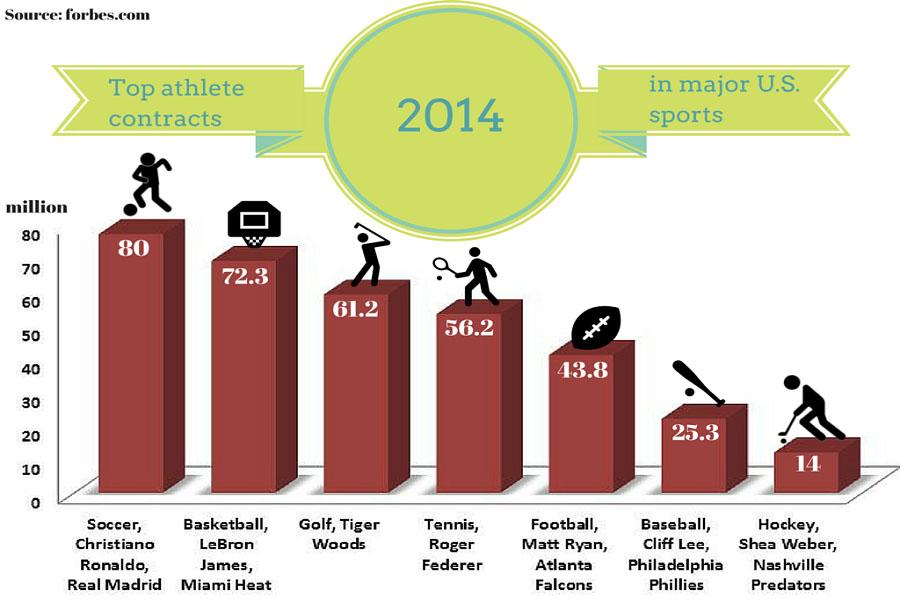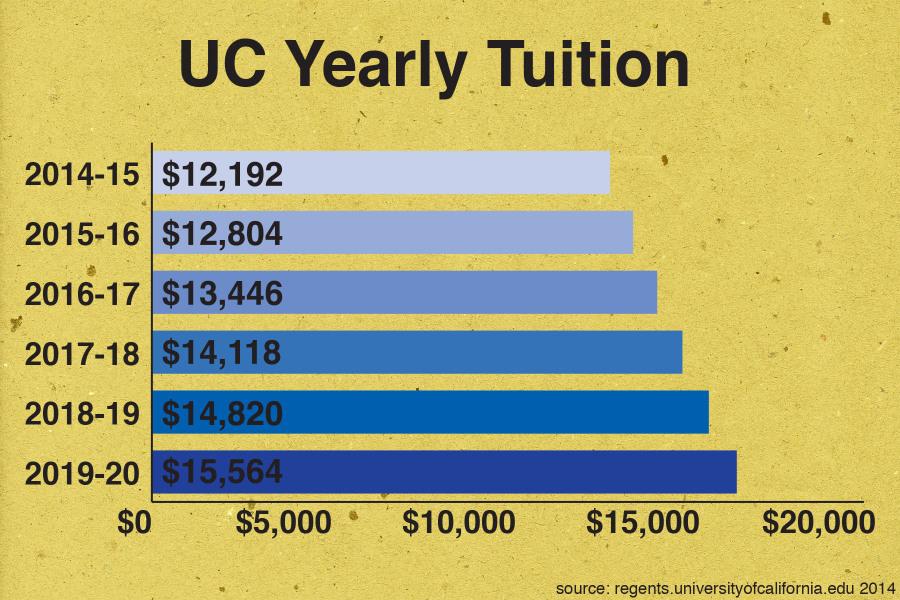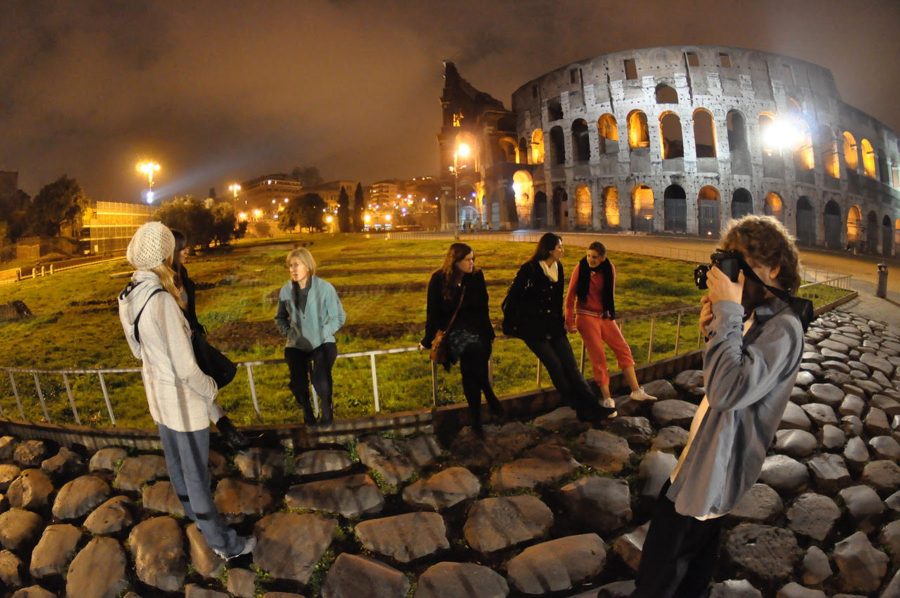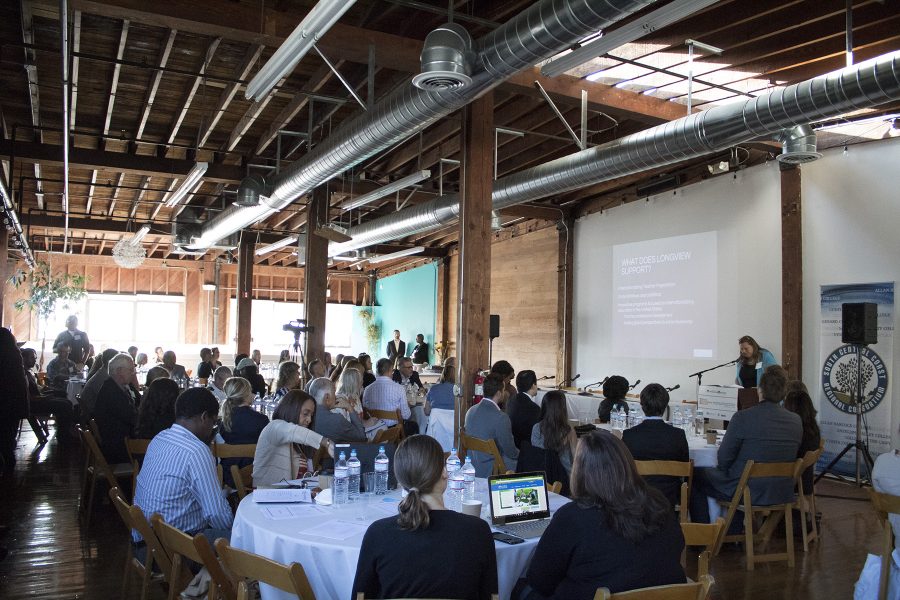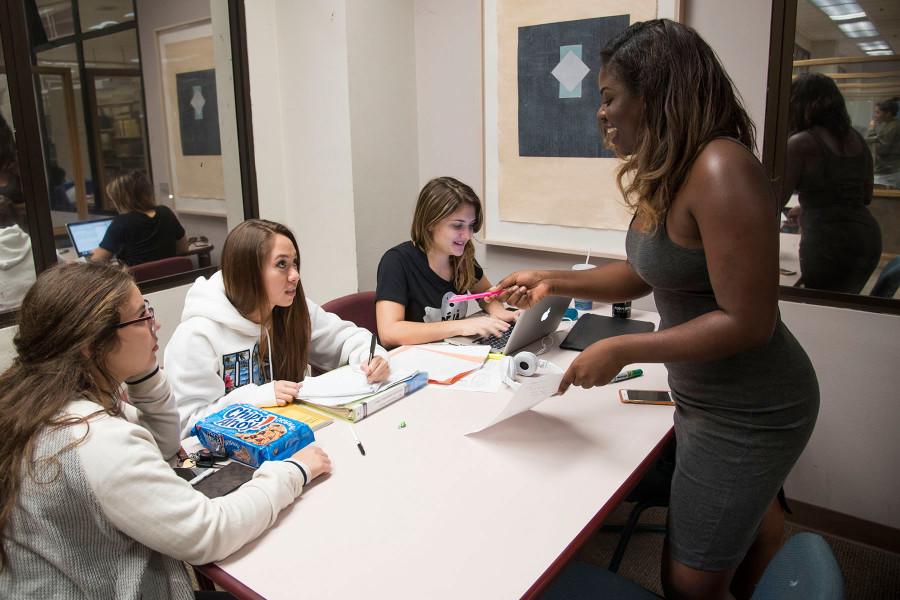When the world is not watching, Rwanda is innovating the country both economically and politically and recognizing gender equality and brotherhood.
Instead of handing out money to these problematic countries, the world should encourage African countries and underdeveloped countries that if there is a will, there is also a way.
1994 was a year filled with both joy and sadness. The first soccer World Cup playoff was played on American soil and the event introduced the excitement of soccer to the American public. But it was also one of the darkest moments in the history of mankind. More than 800,000 Rwandans lost their lives in the heavily infected genocide. While the World Cup was aired all over the world, the war coverage was minimal.
Today, in the middle of a global economic crisis, Rwanda is transforming into one of the world’s leading countries in political gender equality, while also trying to stable the country’s economic health. Rwanda may not be in perfect condition if measured with Western eyes, but according to its own economic stature, it’s moving in the right direction. According to the website cia.gov, Rwanda’s Gross Domestic Product (GDP) was estimated to $5.001 billion as of 2009, and 93 percent of the women feel that their health and their families’ health has increased.
Prior to the genocide, the Rwandan laws made it impossible for women to work in public sector. But because of the brutal killing of men during the 1994 Holocaust, about 70 percent of the population are now women. So, the laws changed and made it possible for women to be part of parliament. As of 2008, women held 56 percent of the parliament. It is the highest percentage in the world, leading gender-equal countries such as Sweden at 47 percent. The average toll around the world is about 18 percent.
For people of Rwanda this means inheritance and sexual violence have decreased because of awareness and raised consciousness about sexual abuse toward women.
Women have also been given heavy positions such as spokeswoman for the parliament, the minister of commerce and information minister, something that has been well-received by many western countries that have been trading with Rwanda.
Prior to the installment of women in the parliament, nearly 30 percent of the population was illiterate, and 53 percent of women only received primary education. After one year in office, one out of two women say their ability to read and write had improved and 49 percent of the women plan to start their own business, recorded help organization womenforwomen.org. The western countries might have something to learn, considering how fast developing countries have moved toward gender equality.
Alphonsine Umwubahimana, a woman who lost her husband in 1994, said to the African Journal that because of the empowerment of women in Rwanda, she feels her life quality has significantly improved. She signed up for a farming program, which gave her three dairy cows. She now has 15 and employs seven male laborers.
This may not mean a lot to many of us, but for her a five times increase in cattle ownership is a fantastic thing and a first step toward a better world.






